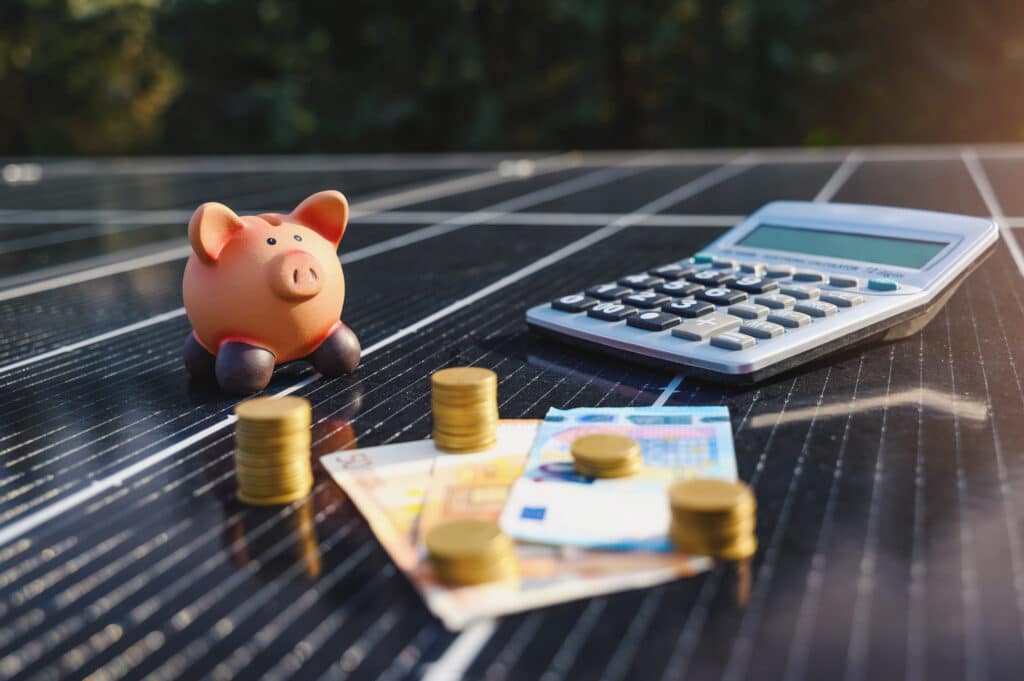Solar energy is an attractive option for homeowners in Florida seeking to reduce their carbon footprint and lower their energy bills. However, deciding between leasing and owning a solar system can be a significant consideration. In this article, we will explore the pros and cons of solar lease options in Florida and compare the benefits of renting versus owning a solar energy system.
Solar Leasing: The Basics
Solar leasing allows homeowners to enjoy the benefits of solar power without the upfront costs of purchasing and installing a solar system. Here’s how it works:
- Leasing Agreement: Under a solar lease agreement, a third-party solar provider installs and maintains the solar panels on the homeowner’s property.
- Monthly Payments: Instead of buying the solar system outright, the homeowner makes monthly lease payments to the solar provider for the use of the panels and the generated electricity.
- System Maintenance: The solar provider is responsible for the maintenance and repairs of the leased system throughout the lease term.
Now, let’s examine the advantages and disadvantages of solar leasing:
Advantages of Solar Leasing
- No Upfront Costs: The primary advantage of solar leasing is that it eliminates the need for a large upfront investment. Homeowners can enjoy the benefits of solar power immediately without the financial burden of purchasing the system outright.
- Maintenance and Repairs: With a solar lease, the responsibility for system maintenance and repairs rests with the solar provider. This can save homeowners time, effort, and potential costs associated with system upkeep.
- Performance Guarantees: Solar lease agreements often include performance guarantees, ensuring that the system will generate a certain amount of electricity. If the system falls short, the solar provider is responsible for compensating the homeowner accordingly.
Disadvantages of Solar Leasing
- Limited Financial Benefits: While solar leasing can lead to reduced energy bills, homeowners do not benefit from incentives such as tax credits and rebates, as these incentives typically go to the solar provider.
- Long-Term Commitment: Solar lease agreements typically span 15 to 20 years. If a homeowner decides to sell their property before the lease term expires, they may need to transfer the lease to the new homeowner or buy out the lease, which can complicate the sale process.
- Ownership Limitations: With a solar lease, homeowners do not own the solar panels or the system, limiting their flexibility to modify or upgrade the system as desired.
Owning a Solar System
On the other hand, owning a solar system offers distinct advantages:
- Financial Benefits: Homeowners who purchase a solar system outright can take advantage of federal tax credits, state incentives, and net metering programs, maximizing their financial returns over the system’s lifespan.
- Increased Property Value: Solar panels can enhance the value of a home. Studies have shown that homes equipped with solar systems tend to sell faster and at higher prices compared to non-solar homes.
- System Customization: Owning a solar system provides homeowners with the freedom to customize and expand their system based on their energy needs and preferences.
Conclusion
When considering solar lease options in Florida, it is essential to weigh the advantages and disadvantages of renting versus owning a solar energy system. Solar leasing offers immediate access to solar power without upfront costs and maintenance responsibilities, but it may limit financial benefits and long-term ownership flexibility. Owning a solar system provides greater financial returns, increased property value, and customization options. Ultimately, the choice between leasing and owning depends on individual circumstances and priorities. Consulting with solar providers and understanding the specific terms of lease agreements can help homeowners make an informed decision that aligns with their energy goals and financial considerations.

